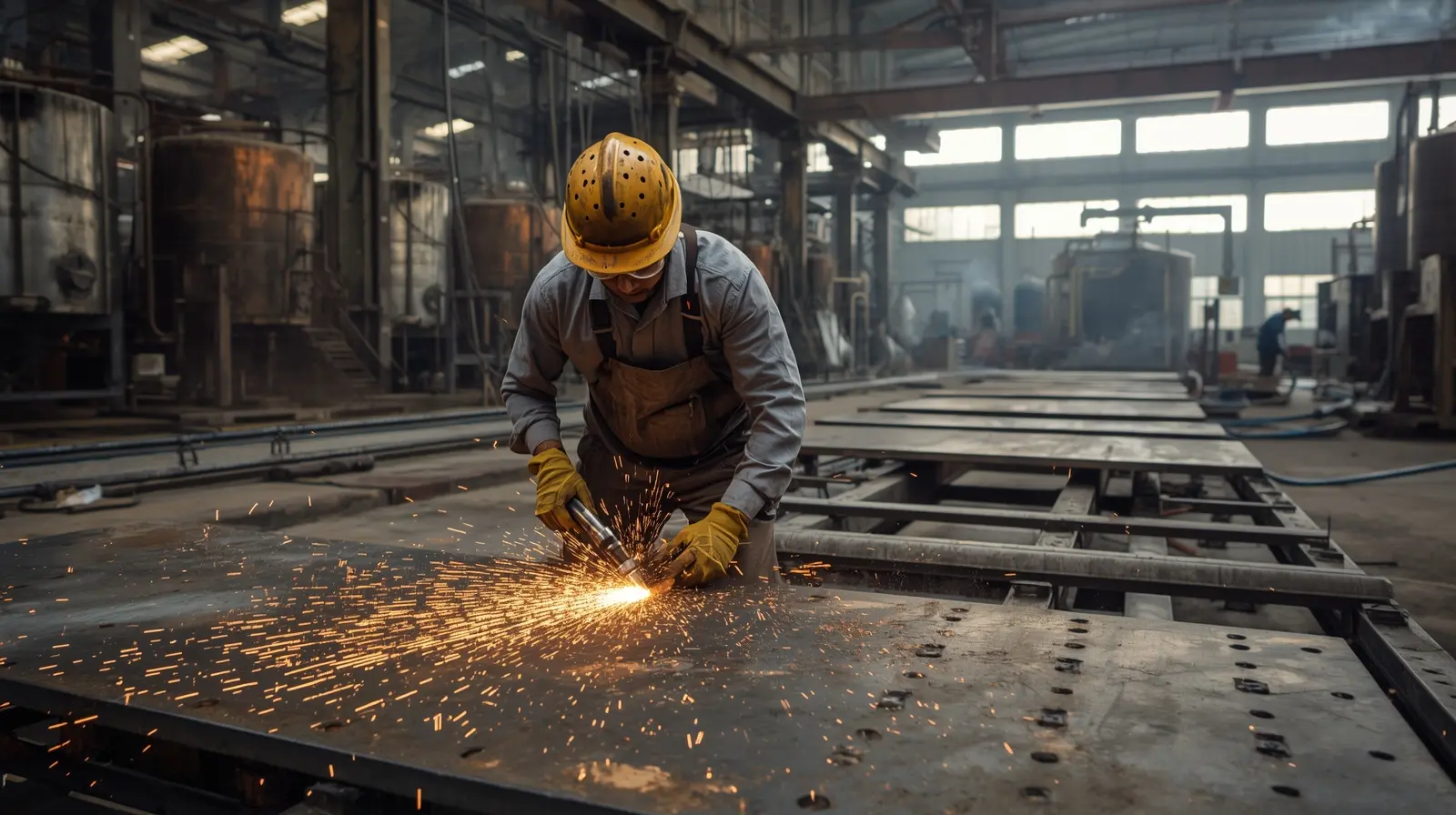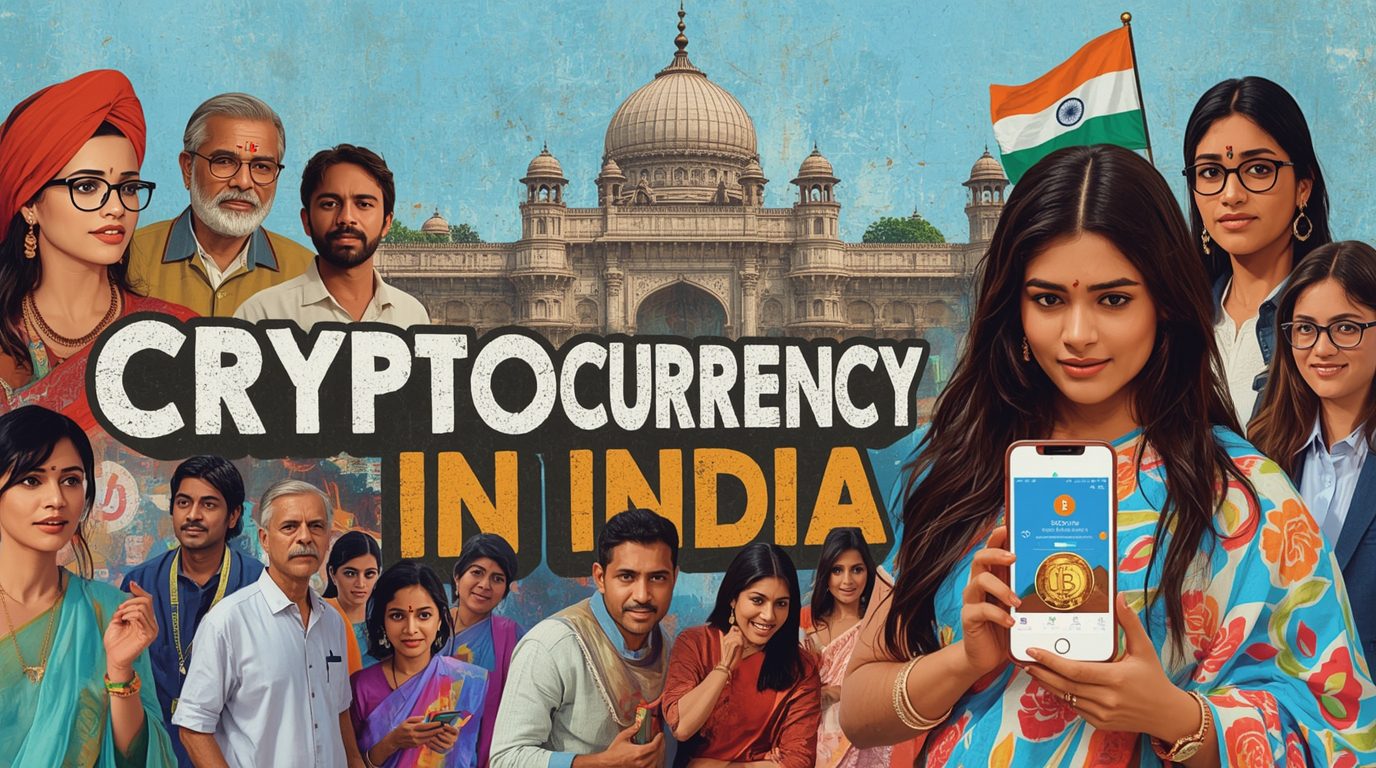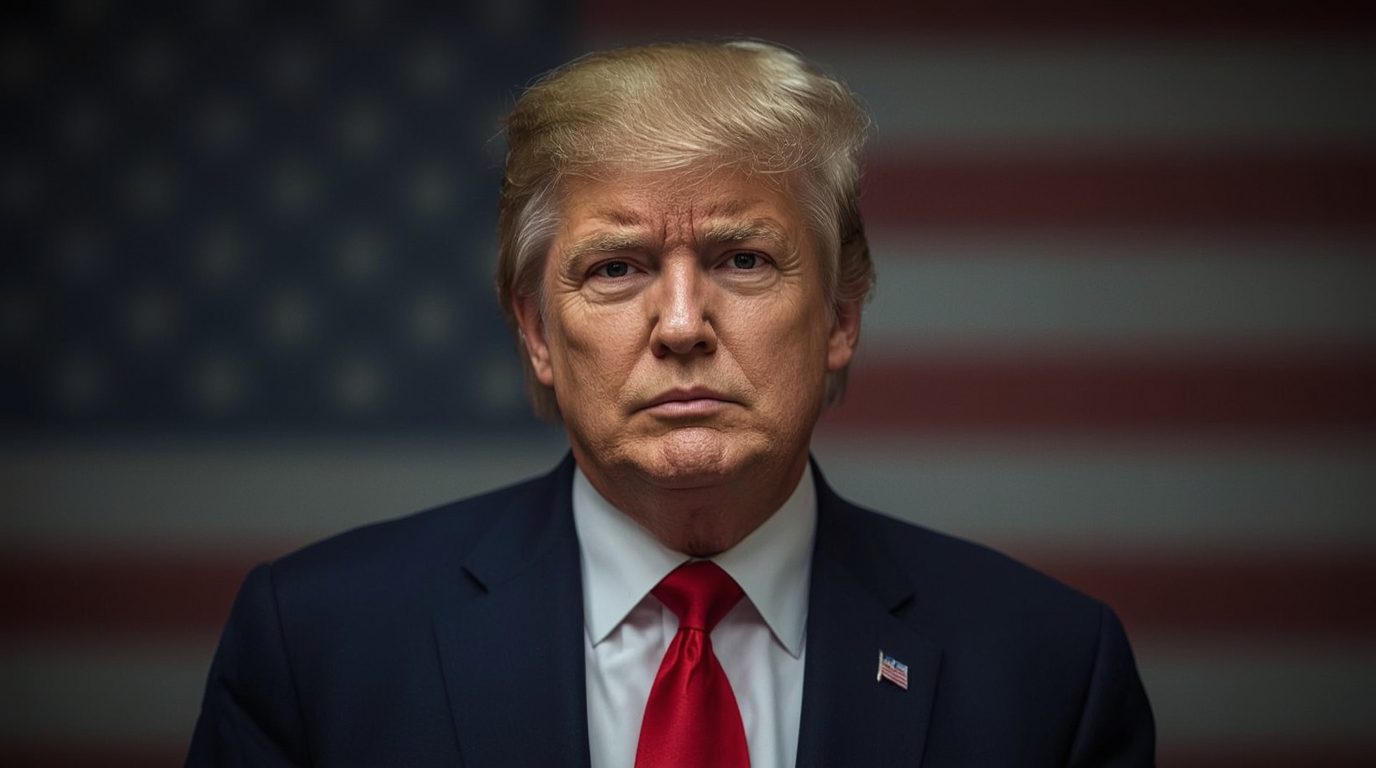India, U.S. Hold Constructive Trade Talks in New York
The Government of India has announced that a recent delegation visit to the United States, led by Commerce Minister Piyush Goyal, involved a series of constructive discussions with key U.S. government officials and business leaders. Although the outcomes were framed positively, the government has yet to reveal the date of the next official round of trade negotiations, raising questions about the pace and direction of the proposed Bilateral Trade Agreement.
During the September 22–24 visit, which took place in New York, the Indian delegation emphasized the importance of strengthening bilateral commercial ties and advancing mutual goals. The Ministry of Commerce and Industry, in its official statement, labeled the meetings as “constructive” multiple times, underlining the collaborative tone of the dialogue.
Key Highlights of the Constructive Meetings
- The Indian delegation, led by Piyush Goyal, met with U.S. government representatives, including officials from departments responsible for trade, commerce, and strategic relations.
- In addition to formal talks, productive engagements were also held with U.S.-based businesses and investors, focusing on increasing investment and expanding trade channels.
- While both sides discussed a possible Bilateral Trade Agreement (BTA), no clear date was announced for the next round of official negotiations.
Trade Diplomacy at the Forefront
India’s relationship with the U.S. has gained significant strategic and economic depth over the years. The recent visit reinforces that constructive diplomacy continues to guide the bilateral relationship. Although the language in the press release was carefully measured, the frequent use of the word “constructive” suggests that there was genuine engagement, albeit without tangible outcomes — yet.
This isn’t unusual in the world of international trade where productive engagement is often the starting point for deeper agreements that evolve over several rounds of negotiations.
Business-to-Business Engagements: A Constructive Approach
The Indian government also highlighted that the delegation’s time in New York was used effectively to meet with top-tier American companies and investors. These constructive dialogues aimed to:
- Promote FDI (Foreign Direct Investment) in India.
- Encourage joint ventures in high-tech sectors.
- Explore opportunities for collaboration in green energy, AI, digital infrastructure, and supply chain resilience.
By focusing on productive cooperation, India aims to present itself as a stable, investor-friendly alternative amidst global market uncertainties.
No Confirmation on Next Steps — Yet
Despite the optimistic tone, the absence of a specific date for the next formal negotiation round raised eyebrows among analysts and business watchers. It’s clear that while the atmosphere was productive , it may not have been conclusive.
Why is this significant?
A Bilateral Trade Agreement between India and the U.S. has been discussed for over a decade, but tangible progress has often been slow. Differences on tariffs, digital trade regulations, agricultural standards, and market access continue to delay formal commitments.
The Indian government’s strategy appears to be to focus on building productive momentum through repeated interactions, hoping it will ultimately lead to consensus on more complex issues.
Why the Word “Constructive” Matters
In diplomatic language, constructive usually implies positive engagement without concrete outcomes — yet. In this context, its repeated use is strategic:
- It signals intent: Both countries are serious about improving ties.
- It avoids controversy: No sensitive details are revealed, which can help in keeping negotiations away from political noise.
- It buys time: Without a fixed date for future talks, the word keeps the door open for continued discussions without committing to deadlines.
The word “productive” was used in the Ministry’s statement to maintain an optimistic tone, but it also reflects the preliminary nature of current engagements.
Industry Reactions to the Constructive Dialogue
Business leaders in both countries welcomed the report of productive talks. According to industry insiders:
“productive engagement is essential for long-term partnership. While the absence of specific dates is concerning, the intent shown by both governments is encouraging,” said a senior executive from a leading U.S.-based tech firm.
Investors are keen to see India and the U.S. resolve their differences over digital taxation, intellectual property, and customs duties — issues that have slowed down formal trade deals in the past.
Constructive Partnerships Beyond Government Channels
What’s notable is the growing emphasis on public-private partnerships (PPPs) and business-to-government (B2G) meetings. These productive alliances are increasingly seen as complementary to formal treaties.
In recent years, India has signed early harvest agreements with other countries (like Australia and the UAE), often as precursors to full FTAs. A similar approach might work with the U.S., starting with constructive agreements in select sectors like:
- Pharmaceuticals
- Defense technology
- Clean energy
- Semiconductors
The Road Ahead: Challenges and Opportunities
While the recent talks were undeniably constructive, key questions remain:
- Will both governments move from dialogue to decisive action?
- Can they bridge policy gaps to allow for meaningful concessions?
- Is there political will on both sides to move toward a formal agreement in 2026 or earlier?
For now, what is evident is that both sides are committed to a productive process — slow, steady, and perhaps ultimately successful.
Conclusion: A Step in a Constructive Direction
The India-U.S. meetings in New York may not have produced a headline-making agreement, but they mark another step in a productive journey. These talks reflect the growing strategic alignment and economic interdependence between two of the world’s largest democracies.
While the lack of detail on the next negotiation date may disappoint some observers, the tone remains decidedly constructive. In global diplomacy, especially in trade, that alone is often a sign of progress.
Reference Website : https://www.thehindu.com/business/Economy/india-held-constructive-meetings-in-us-does-not-reveal-date-of-next-official-negotiation-round-government/article70097198.ece
Read More Article theluckyledger.com












